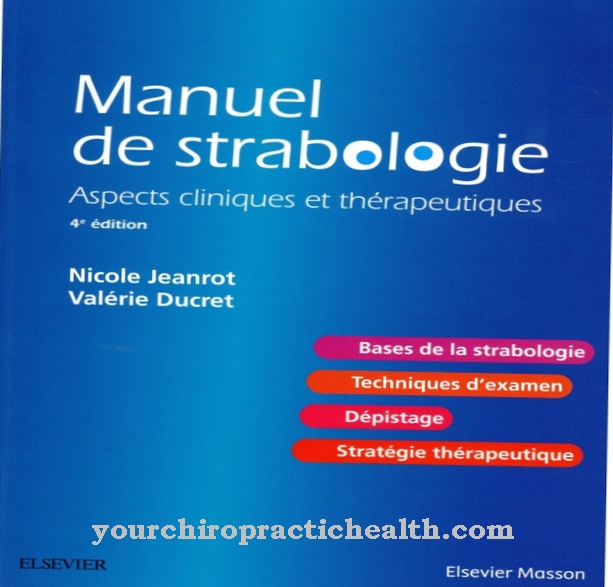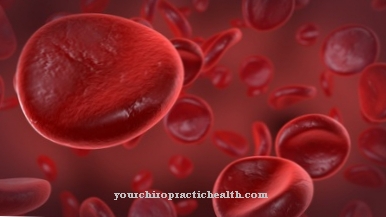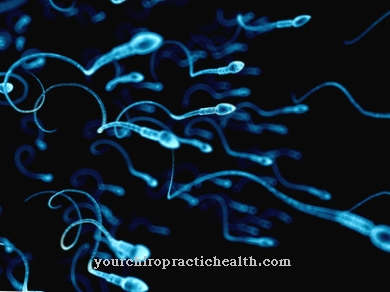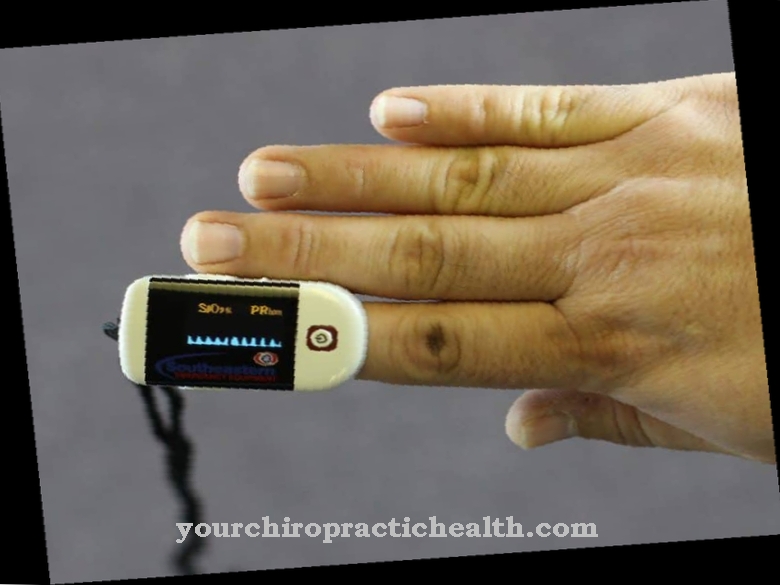The first weeks and months of pregnancy are usually the most stressful for women. Especially during the first pregnancy, the revolutionary changes in the female body are often so severe that they are very difficult for women to endure. Therefore some advice should be given for the first few months.
Signs of pregnancy

In most cases, the woman's lack of monthly bleeding is the first sign of the onset of pregnancy. Sometimes, however, the physical changes become noticeable a few days before the menstrual cycle fails. Typical early signs of pregnancy include nausea, loss of consciousness (fainting), and vomiting, often in the morning hours. Even with such disorders, women can ease their condition by simple means.
Vomiting at the onset of pregnancy is physiological, i.e. it is natural and does not require medical treatment. The tendency to break is often increased by strong smells. Kitchen fumes, the smell of roasted meat, but also the smell of cigarettes are often extremely repugnant to the pregnant woman and thus cause nausea.
Change lifestyle habits during pregnancy
This can be remedied by making minor changes in the course of the housework. Even if the preparation of the meal is unfortunately still often part of the woman's field of activity, in many cases a way can be found in which both partners adapt to the new circumstances and the man tries to alleviate his wife's discomfort. For the pregnant woman herself, cold, little smelling dishes (pudding, cold semolina porridge, vegetable and potato salads, etc.) are recommended during this time.
The pregnant woman also avoids eating large amounts at once in the first few months, but rather eat smaller meals more often. This can be done even for most working women with some goodwill. The tendency to vomit disappears when the pregnant woman can allow her to rest in a lying position for some time after the main meal.
The fainting spells that occur in the first few months of pregnancy, although not very often, are caused by nervous stimuli emanating from the uterus and changes in blood circulation. Remedy can only be found through physical rest. These disorders cannot be dealt with with medication. It is important that the pregnant woman sit down or lie down when she feels she is approaching unconsciousness.
Particularly in the case of working women in industry and in traffic, such fainting spells can easily lead to an accident and should therefore not be viewed as meaningless. For this reason, the doctor has the authority to write the pregnant woman in question temporarily sick. With a little rest, the tendency to unconsciousness often improves in a few days.
Hygiene & personal hygiene during pregnancy
To avoid danger, the pregnant woman must pay special attention to her personal hygiene. The most important principle is: meticulous cleanliness. As far as it can be done, the pregnant woman should take a full bath at least once a week and shower daily. During daily body cleansing, special attention should be paid to caring for the breast and nipples.
Already in the first few months the breasts of many women begin to secrete tiny amounts (droplets) of milk, which appears as a slightly sticky, opalescent liquid that dries up quickly and forms crusts on the nipples. As a result, the nipples become easily sore, their ducts clogged, and the performance of the nipple can suffer in such a way that complications arise in the puerperium.
It is advisable to wear underwear made of coarser fabric during the day, which is absorbent and immediately absorbs drops of liquid from the chest. Rubbing the nipple and breast with natural skin oil without perfume is recommended in order to firm the skin and keep it elastic.
As a result of the increased blood flow and the growth of the abdominal organs, the normal moisture level of the vagina often increases in the first few months of pregnancy, and a milky discharge occurs. Since these are physiological changes, however, medical treatment is hardly possible; it can only be advised to remove the discharge by washing frequently with clear, warm water. Douching the vagina is not recommended and can be dangerous.
The inserts (tampons) in the vagina, which are sometimes recommended, only prevent soiling of the underwear, but of course they do not eliminate the discharge that is caused by pregnancy.
Body movement should not be changed in any way during pregnancy. Women who are used to strong body movements can safely continue them at the beginning of their pregnancy. Plenty of exercise, especially in the fresh air, is recommended even for all pregnant women. Avoid strong vibrations, especially riding a motorcycle, because of the risk of miscarriage. In the warm season, pregnant women are advised to swim and to stay in sunny air baths.
Diet & Sex During Pregnancy
No special dietary requirements are required in the first half of pregnancy. The woman can eat whatever her appetite craves during this time. Since there is a tendency to constipation in the first few months, a diet rich in fruit and vegetables proves to be useful. In contrast, the pregnant woman should not drink excessive amounts of fluids. Even if the intake of fluids does not pose a risk at first, getting used to a lot of drinking later in the second half of pregnancy can become very painful. It is sufficient if the pregnant woman consumes about 1 liter of pure liquid a day.
Many pregnant women turn to the doctor with the question of whether engaging in sexual intercourse after conception is dangerous. There is probably no real risk of sexual intercourse in the first few months of pregnancy. However, in special cases (displacement of the uterus, tendency to miscarriage), sexual contact can give rise to disorders and must then be prohibited under all circumstances.
It goes without saying that every pregnant woman is advised to seek pregnancy advice from a gynecologist in the first few weeks or months of pregnancy and to have herself examined. This doctor will then be able to identify and combat diseases and complications that are already emerging in good time.



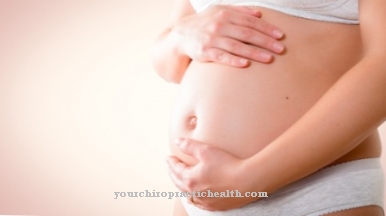
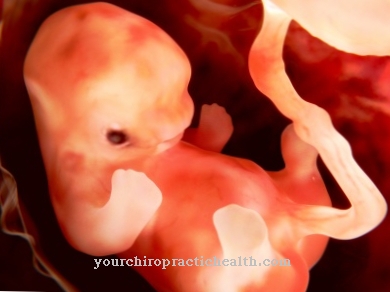



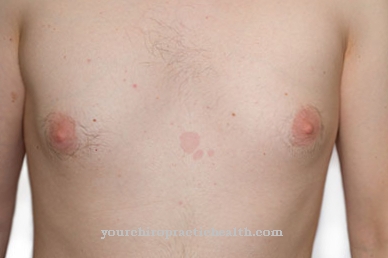

.jpg)

